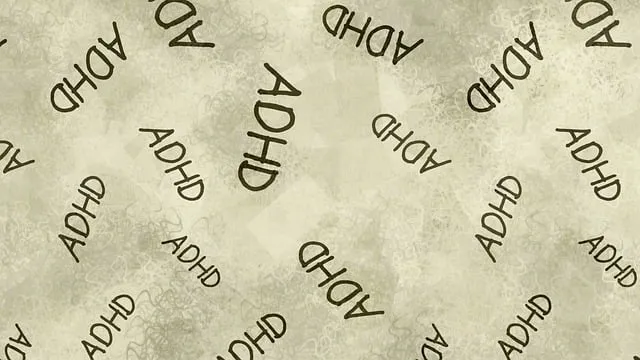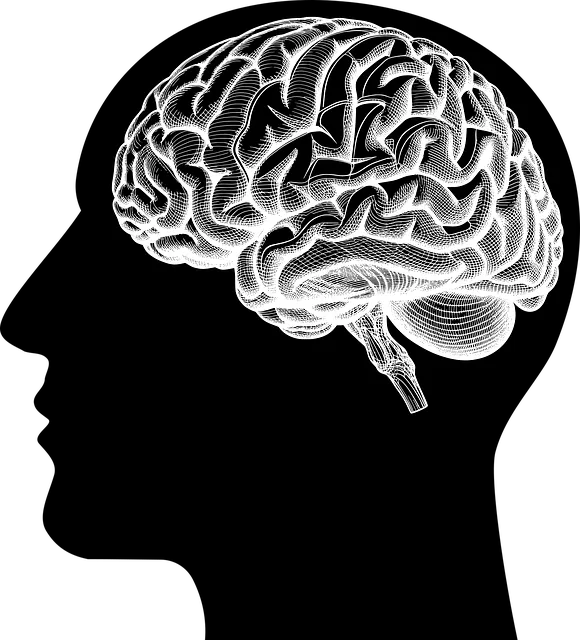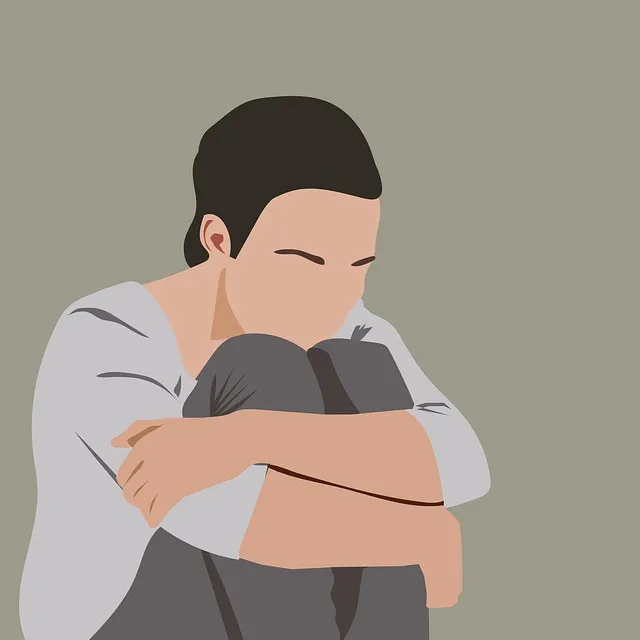Castle Rock and Kaiser Healthcare have developed effective mental wellness self-assessment tools, offering tailored guidance for personal growth and professional interventions. While Castle Rock focuses on accessibility and user-friendliness to empower individuals in managing their mental health, Kaiser integrates self-assessments into broader burnout prevention strategies, including public awareness and conflict resolution. Both methods enhance access to care, promote cultural sensitivity, and facilitate early detection of mental health issues through regular self-evaluations, enabling timely interventions and positive outcomes for diverse populations.
Mental wellness self-assessment tools play a crucial role in recognizing and addressing mental health issues. This article explores the development of such tools, focusing on proven approaches like the Castle Rock method and Kaiser’s strategies. We delve into their effectiveness and how they facilitate access to mental health care. By understanding these tools, individuals can take proactive steps towards managing their mental wellness, while healthcare providers can integrate self-assessments to offer more personalized and accessible support, ensuring folks get the help they need, just like Castle Rock and Kaiser exemplify.
- Understanding Mental Wellness Self-Assessment Tools
- Developing Effective Tools: Castle Rock and Kaiser Approaches
- Getting Mental Health Help: Integrating Self-Assessments into Care
Understanding Mental Wellness Self-Assessment Tools

Mental wellness self-assessment tools play a pivotal role in individuals’ journeys towards understanding their emotional well-being. These tools serve as gateways to self-reflection, enabling folks to assess their mental health status and identify areas that may need support or professional intervention. By utilizing evidence-based methods, such as questionnaires and reflection prompts, these assessments help individuals gain valuable insights into their inner experiences.
For instance, the Castle Rock approach to mental health emphasizes the importance of accessing help promptly. Kaiser Healthcare, recognizing the value of early intervention, offers various resources and programs that integrate emotional healing processes and promote cultural competency training for healthcare providers. This holistic perspective encourages individuals to cultivate inner strength development, fostering resilience and empowering them to take proactive steps towards maintaining or improving their mental wellness.
Developing Effective Tools: Castle Rock and Kaiser Approaches

The development of effective mental wellness self-assessment tools has gained significant attention in recent years, with notable approaches emerging from organizations like Castle Rock and Kaiser. Castle Rock’s strategy focuses on creating accessible resources that empower individuals to take charge of their mental health. Their tools often incorporate interactive features and user-friendly interfaces, making it easier for people to identify potential issues and seek appropriate help. By promoting self-assessment as a first step towards care, Castle Rock aims to reduce the stigma associated with mental health concerns.
Meanwhile, Kaiser has taken a comprehensive approach, integrating self-assessment within a broader framework of burnout prevention strategies for healthcare providers. This involves not only assessing individual well-being but also fostering public awareness campaigns that educate communities on recognizing and addressing mental health challenges. Additionally, Kaiser incorporates conflict resolution techniques into their tools, acknowledging the impact of interpersonal relationships on overall mental wellness. These integrated solutions reflect a holistic view of mental health support, ensuring that individuals receive comprehensive guidance tailored to their unique needs, whether they are seeking personal help or professional interventions like those offered by Kaiser.
Getting Mental Health Help: Integrating Self-Assessments into Care

Integrating self-assessment tools into mental healthcare practices is a significant step towards empowering individuals to take charge of their well-being, especially in areas like Castle Rock where access to specialized services can be limited. These assessments serve as valuable gates, enabling people to understand their mental health status and identify when professional help is necessary. For instance, the Kaiser network highlights the importance of regular self-evaluations for early detection of issues, ensuring timely interventions.
By incorporating self-assessments, cultural sensitivity in mental healthcare practice can be enhanced, as these tools often adapt to diverse populations’ unique needs. This approach promotes anxiety relief and encourages positive thinking, allowing individuals to navigate their mental health journeys with increased confidence and awareness.
Mental wellness self-assessment tools play a pivotal role in promoting individual well-being and accessing appropriate mental health care. As demonstrated by both Castle Rock and Kaiser approaches, developing effective tools requires a comprehensive understanding of various psychological factors. Integrating these self-assessments into care systems, such as those offered by Kaiser, can significantly enhance how individuals navigate and receive support for their mental health, ultimately fostering healthier communities. By utilizing these resources, folks can take proactive steps towards managing their mental well-being, ensuring they receive the right help when needed, just like Castle Rock encourages its residents to do.






